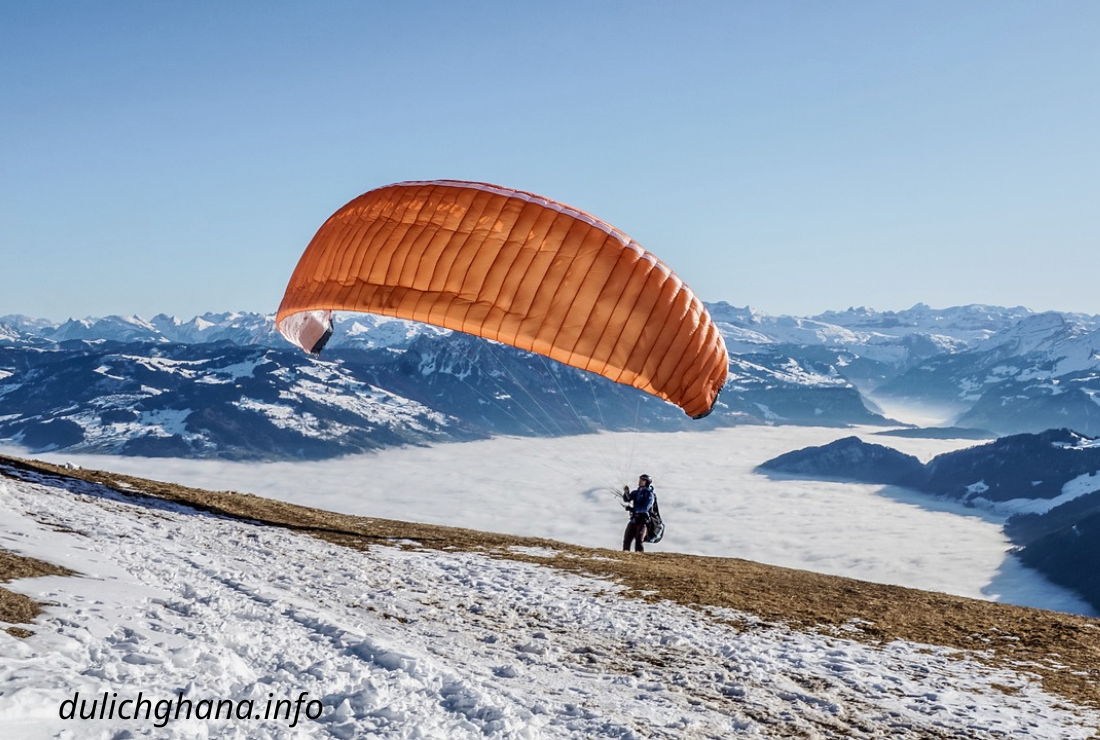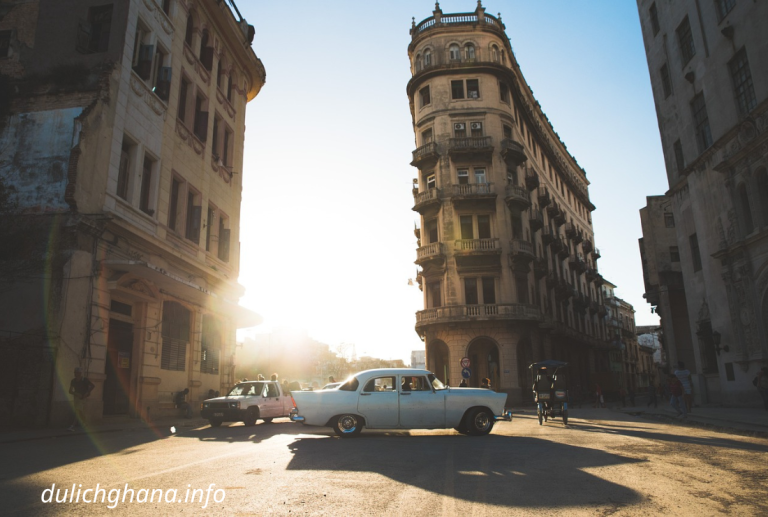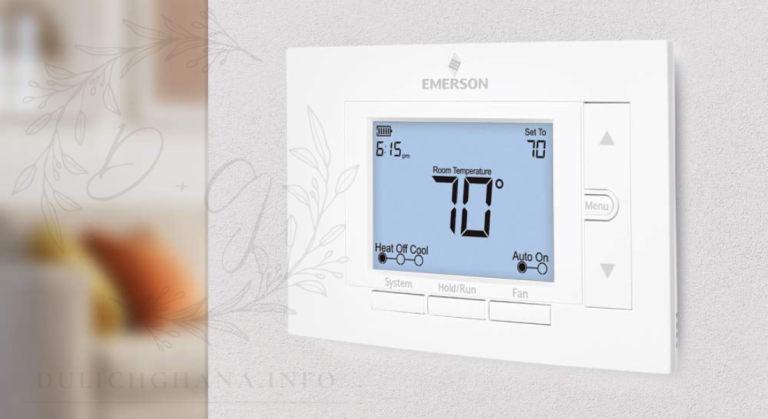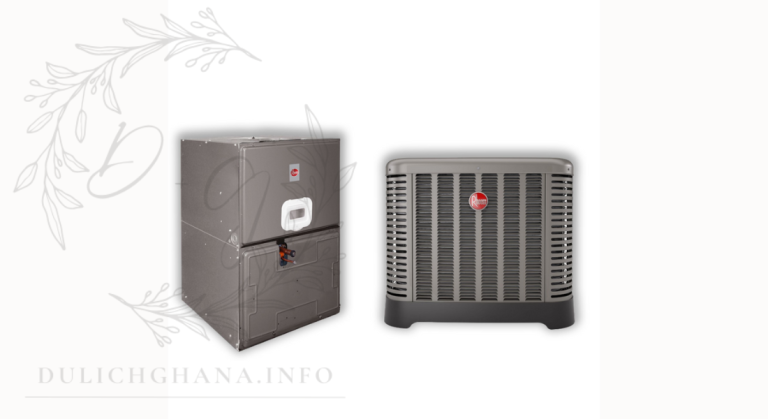
Ghana is a vibrant and diverse destination with a tropical climate that offers unique experiences throughout the year. To make the most of your trip, it’s important to choose the best time to visit based on weather conditions, activities, and regional considerations. This guide provides insights into the optimal times for visiting Ghana, highlighting the weather patterns, key activities, and seasonal considerations.
Key Takeaways
- Best Times to Visit: November to March for dry weather; April to October for a quieter experience
- Weather Patterns: Dry season, wet season, and transitional periods
- Ideal Activities: Beach vacations, wildlife safaris, cultural festivals, and historical tours
Best Time for Enjoyable Weather
- Dry Season (High Season)
- When: November to March
- Description: The dry season is characterized by warm temperatures and minimal rainfall, making it ideal for outdoor activities and exploring the country’s attractions. This period offers the best weather for beach vacations, safaris, and cultural tours.
- Weather: Expect sunny days with lower humidity and little to no rain. Coastal areas are warm and dry, while the interior regions also enjoy pleasant conditions.
- Pros: Ideal weather for sightseeing and outdoor activities, vibrant festivals, and fewer disruptions due to rain.
- Cons: Higher prices for accommodations and flights, and popular tourist spots can be crowded.
- Wet Season (Green Season)
- When: April to October
- Description: The wet season, also known as the green season, brings more frequent rain showers and higher humidity. Despite the rain, this period is less crowded and offers lush landscapes and vibrant local life.
- Weather: Expect higher humidity and intermittent rainfall, usually in the afternoon or evening. The landscape becomes lush and green, especially in the rainforests and rural areas.
- Pros: Fewer tourists, lower prices for flights and accommodations, and vibrant green scenery.
- Cons: Increased chance of rain affecting outdoor activities, possible flooding in some areas, and higher humidity.
Best Time for Specific Activities
- Beach Vacations
- Best Time: November to March
- Regions: Accra, Cape Coast, Takoradi, and the Western Region
- Activities: Swimming, sunbathing, and water sports. The dry season provides consistent sunshine and calm seas, ideal for beach activities.
- Wildlife Safaris
- Best Time: November to March
- Regions: Mole National Park, Kakum National Park
- Activities: Wildlife viewing, guided safaris, and nature walks. The dry season offers better visibility and easier access to wildlife as animals gather around water sources.
- Cultural Festivals and Events
- Best Time: November to March
- Regions: Throughout Ghana, including Accra, Kumasi, and other major cities
- Events: Festivals such as Homowo Festival (August), Panafest (July-August), and the annual celebrations of various ethnic groups. The dry season is often the best time to experience these vibrant cultural events.
- Historical and Cultural Tours
- Best Time: November to March
- Regions: Cape Coast, Elmina, Kumasi, and Accra
- Activities: Visiting historical sites such as Cape Coast Castle, Elmina Castle, and the Ashanti Palace. The dry season ensures better weather for touring these significant landmarks.
- Hiking and Nature Exploration
- Best Time: November to March for dry conditions
- Regions: Volta Region, Kakum National Park, and the surrounding highlands
- Activities: Hiking, nature walks, and exploring waterfalls. The dry season is preferable for hiking and outdoor exploration due to drier trails and clearer conditions.
Tips for Planning Your Visit
- Book Accommodations Early During High Season
- Why: The dry season is the peak tourist period, so book accommodations and flights in advance to secure the best rates and availability.
- Consider Shoulder Months
- When: October and April
- Why: These months transition between the dry and wet seasons, offering moderate weather and fewer crowds.
- Pack Accordingly
- For Dry Season: Light clothing, sun protection (sunscreen, hat), and comfortable shoes for sightseeing.
- For Wet Season: Lightweight rain gear, waterproof footwear, and insect repellent.
- Check Local Weather and Conditions
- Why: Ghana’s weather can vary significantly by region. Always check local forecasts and road conditions, especially if traveling to remote areas.
- Prepare for Weather Variability
- Why: Even in the dry season, occasional rain showers can occur. Bring versatile clothing and be prepared for sudden weather changes.
Conclusion
The best time to visit Ghana largely depends on the type of experience you seek. The dry season from November to March is ideal for beach vacations, wildlife safaris, and exploring historical and cultural sites, offering the best weather for outdoor activities. The wet season from April to October provides lush landscapes and fewer crowds, making it a great time for those who prefer a quieter and more affordable experience.
By understanding the seasonal patterns and planning accordingly, you can enjoy all that Ghana has to offer, from its stunning beaches and wildlife to its rich cultural heritage and historical landmarks.
FAQ
1. What is the best time to visit Ghana for a beach vacation?
- The dry season (November to March) is best for beach vacations with sunny weather and minimal rain.
2. Can I visit Ghana during the wet season?
- Yes, the wet season (April to October) is a great time for fewer tourists and lush landscapes. Be prepared for higher humidity and frequent rain showers.
3. Are there any major festivals in Ghana?
- Yes, Ghana has various festivals throughout the year, including the Homowo Festival, Panafest, and numerous regional and cultural celebrations.
4. How should I prepare for the weather in Ghana?
- Pack according to the season: light clothing and sun protection for the dry season, and rain gear and insect repellent for the wet season.
5. When is the best time for wildlife safaris in Ghana?
- The dry season (November to March) is best for wildlife safaris, as animals are more visible and easier to spot around water sources.




